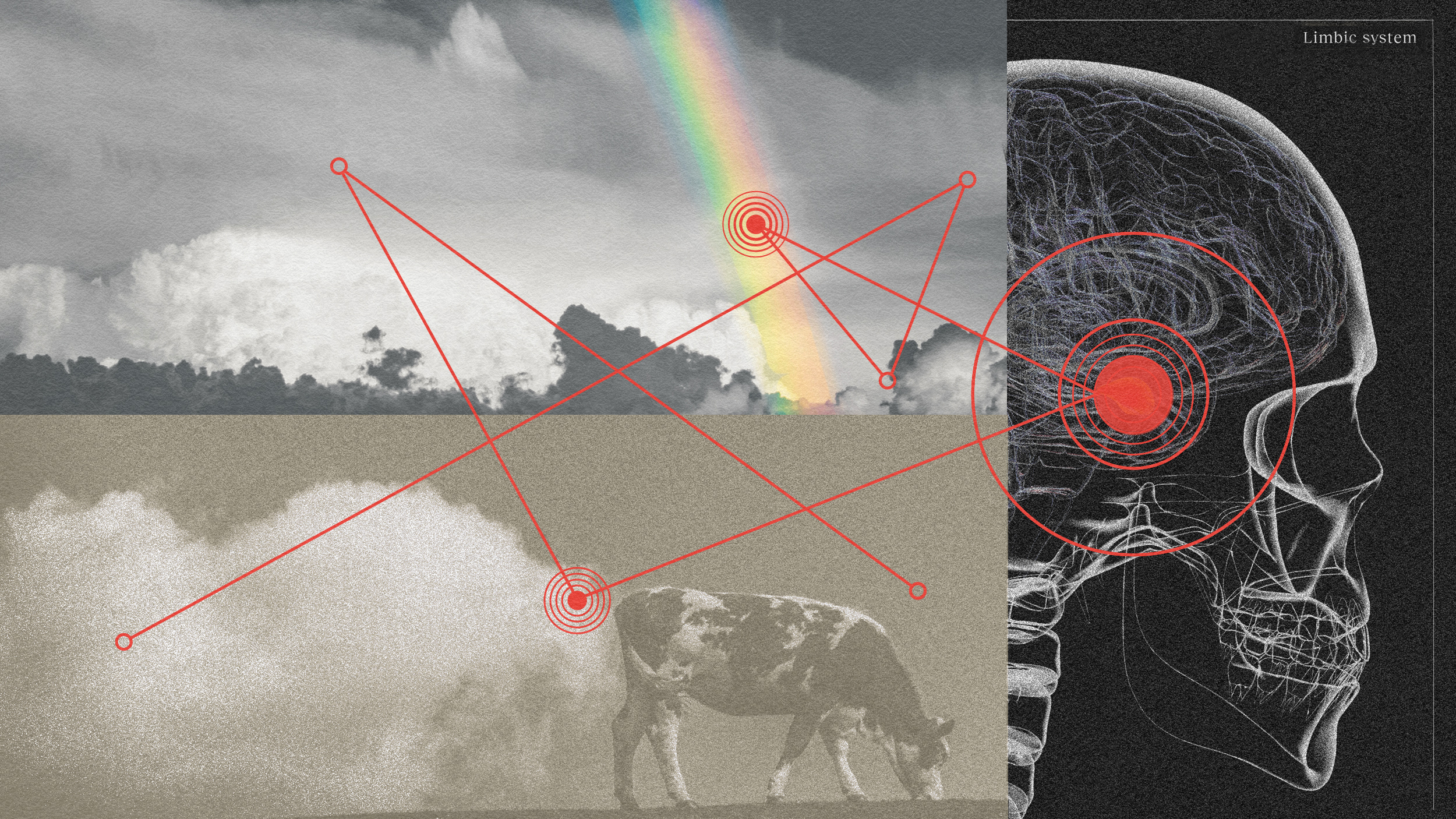Give people more of a stake in the success of the global economy.
Question: What is your counsel?
Alan Dershowitz: We should be imposing a Marshal Plan on the world. We should be trying to give poor people the means to better their lives through better healthcare, through better economic opportunities.
What we need to do is create a situation where there’s less disparity between the very, very wealthy--and we’re getting wealthier, and wealthier, and wealthier--and the very poor. That disparity is a prescription for disaster.
And when you throw into the mix the growth of fundamentalist religion and the appeal of fundamentalist religion, particularly to poor and desperate people who don’t enjoy their lives, they have now and see no future for their children. And when they see their reward for living this terrible life – some heavenly reward which they’re told could be achieved through violence and through hatred – the mix is a terrible one. And we have to confront that.
We can confront it economically. We can confront it politically. The basic point is to give more people more of a stake in the success of our global economy and healthcare. And if we can do that, probably we can avoid several catastrophes we face. Environmental catastrophe, terrorist catastrophes. Catastrophe in which democracy that is voting brings about repression.
Parts of the world face the Vimar German problem that, through democracy, they may bring about tyranny. Algeria, potentially Egypt, potentially many other parts of the world, where if they had to vote today, they might vote for tyranny rather than for what we call not only structural democracy, but functional democracy.
I think it depends on whether you’re talking about individuals in a democracy or individuals outside of a democracy. Individuals in a democracy can do much more to encourage a creative leadership, bold leadership, great leadership, with a leadership that is prepared to take risks when the risks are outweighed by the benefits to be incurred.
We don’t have democracies that do that in most of the western world today, and it’s getting worse. We’re getting democracy by sound bite, democracy by charm. And the likelihood of great leaders emerging from this form of popular democracy is, I think, diminishing.
But we have a responsibility. We can do something. The people in the vast majority of the world with no input in the activities of their governments have a much harder, much harder role. I think they have to focus on their own children, their own families, on improving their own lives, and are rejecting false promises of religious claims.
Well I think some aspect of globalization. Some of Tom Friedman’s work on the world being a flat place ["The World Is Flat"], encouraging innovation in other parts of the world, in India, in Israel, in Eastern Europe, where we’re seeing people from the poorest backgrounds become very successful as a result of simply using their brain power is a very, very, important development. It sends messages to the world. Frightening messages to some.
The success of Israel technology, for example. Second most patents in the world. Second most companies on Nasdaq. A country the size of New Jersey with a population the size of metropolitan Boston; not much; a little bigger than that; has this incredibly economic success even surrounded by enemies.
Japan having had similar success. Korea having successes like that now. India having successes.
I think it’s very frightening to fundamentalist. One of the reasons I think Israel is hated so much in the Arab world is, as Tom Friedman said, they’ve developed a new oil well. And it’s called human beings, and they never dry up. And the kind of technology that can result from this, lifesaving technology; but it’s very frightening, again, without obsessing about Israel. The world seems to obsess about it.
Israel per capita exports more medical technology that saves lives than any country in the world for a tiny little country. And yet it’s hated. It’s the country that is being condemned by the UN more than any other country in the world.
Part of it has to do with, I think, the fear that comes out of other countries seeing what a small country can do.
And so we have to do much more to level the playing field.
Now I’m not an expert on the environment, but I sure don’t want to leave my grandchildren in a world as polluted as my grandparents left me.
Recorded On: June 12, 2007





